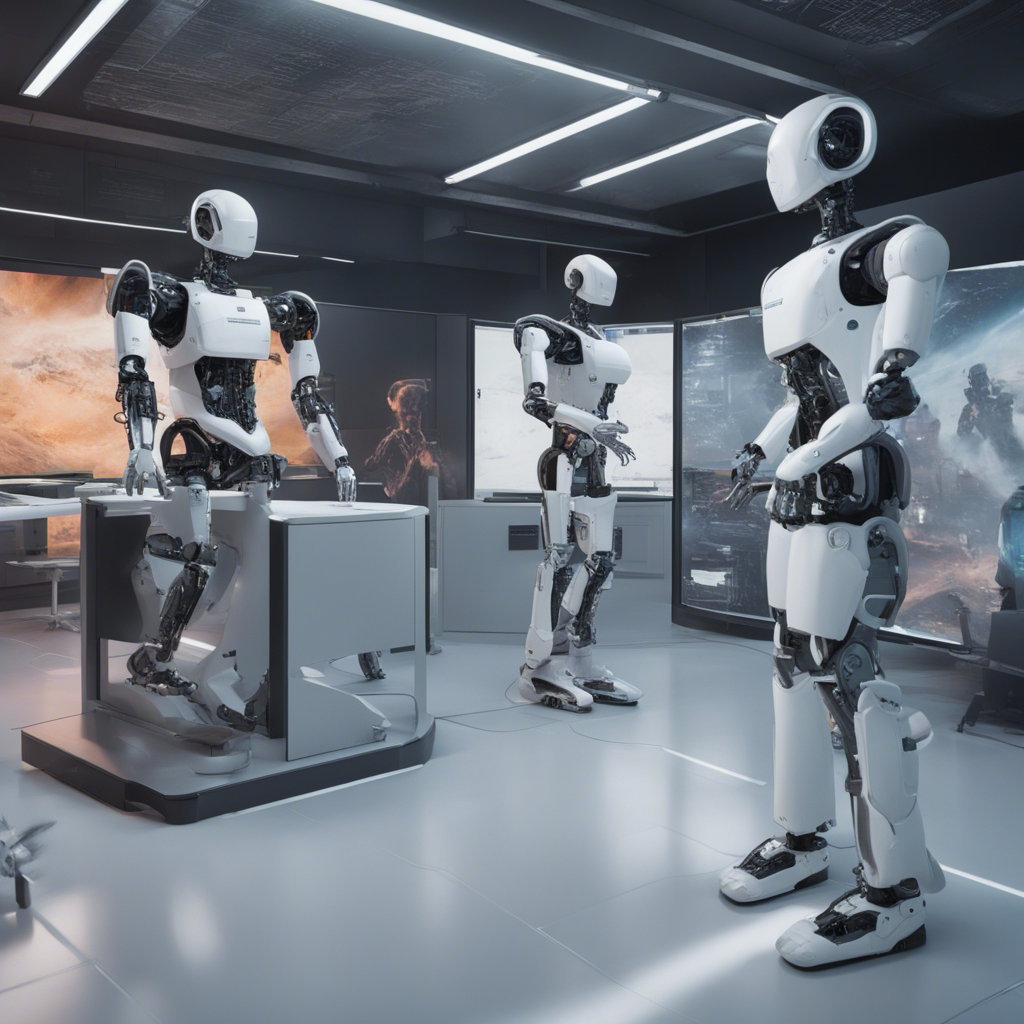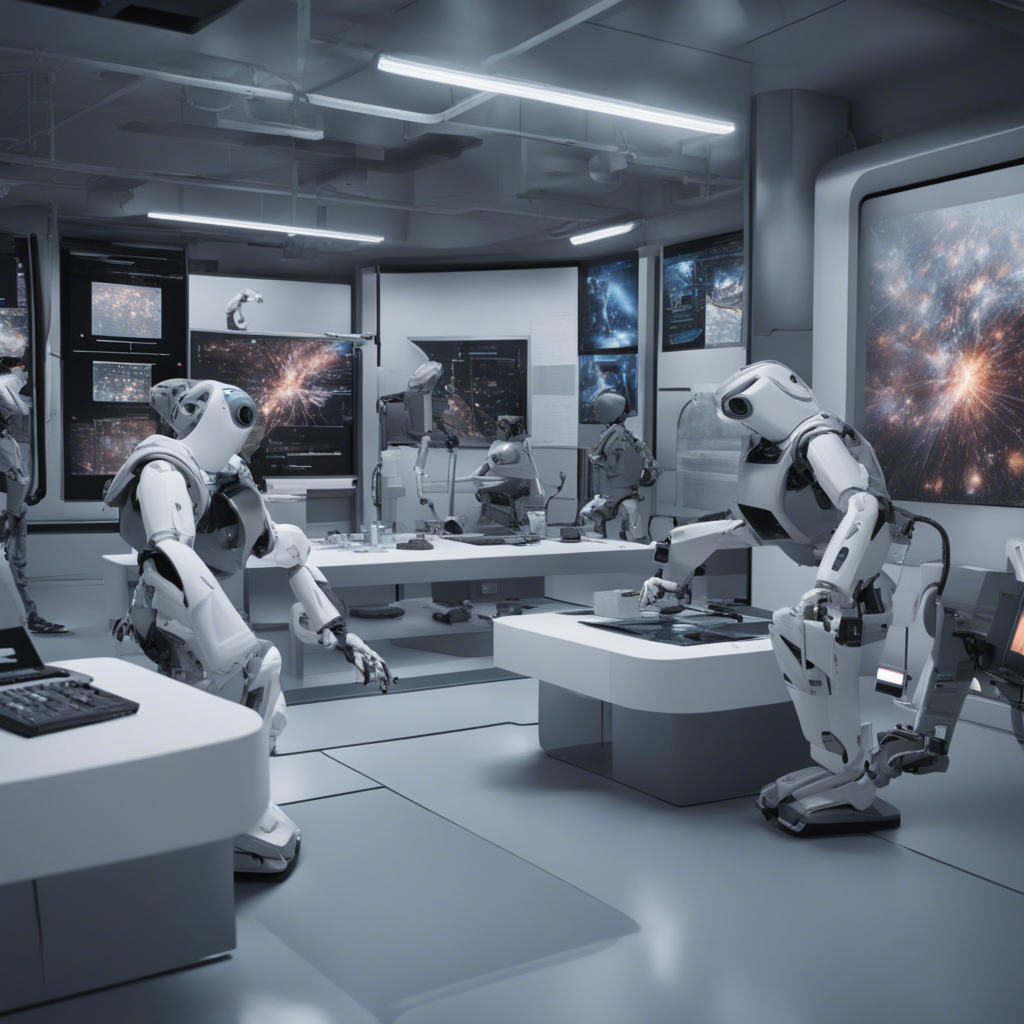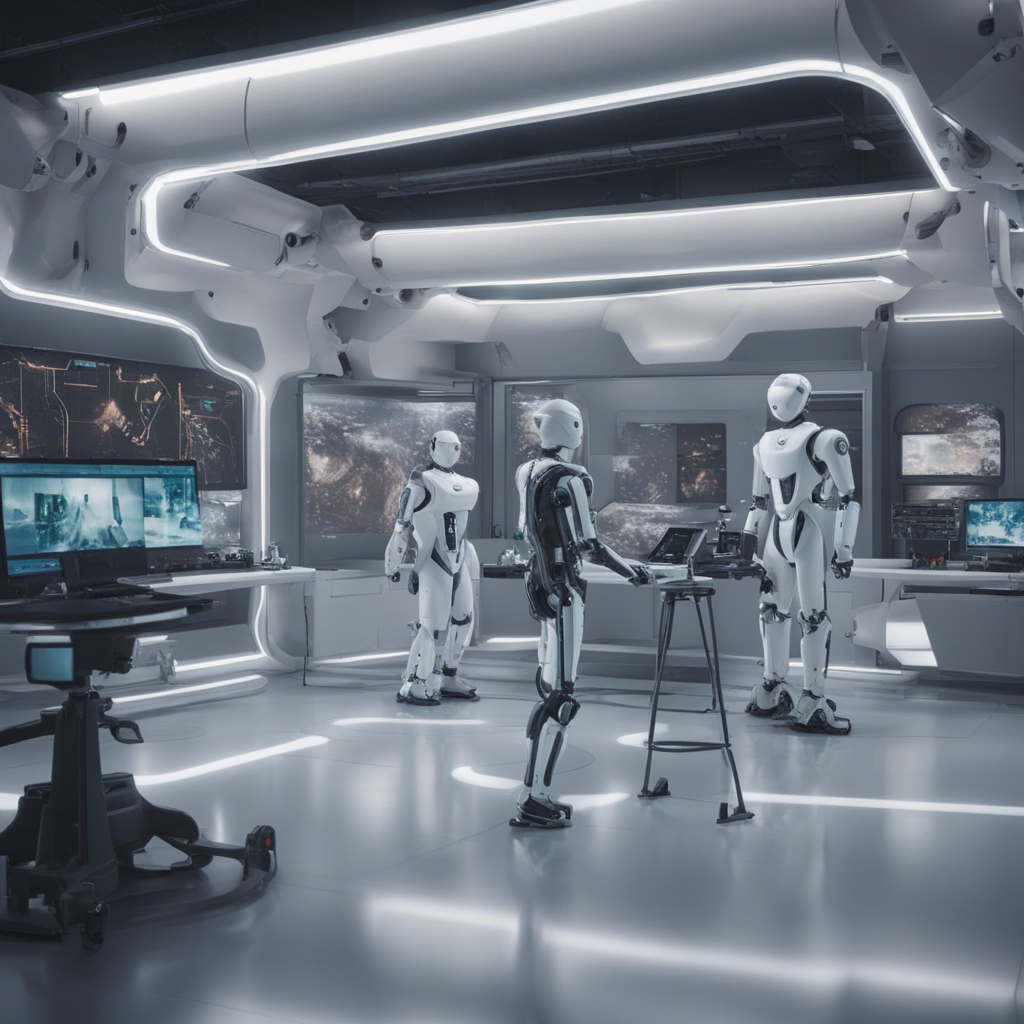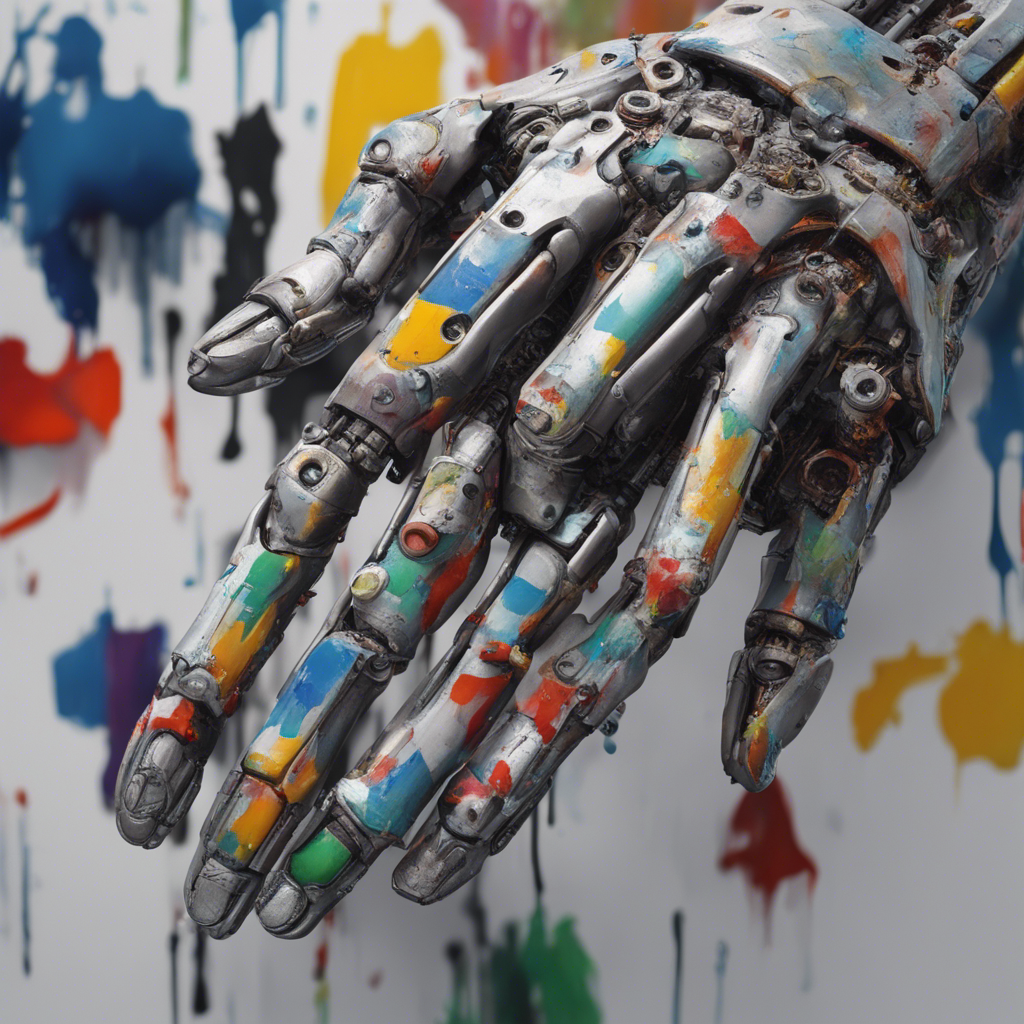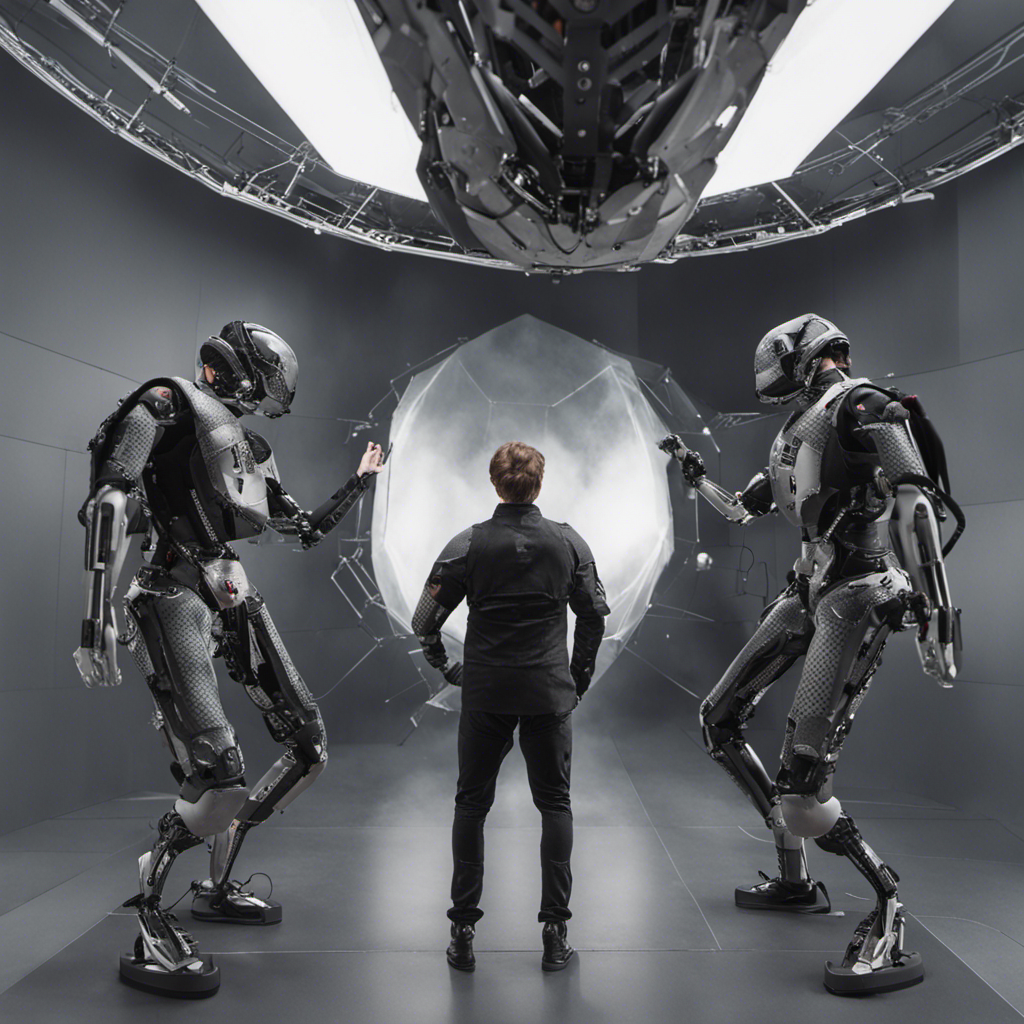
Artificial Intelligence (AI) has been making waves in various industries, and the entertainment industry is no exception. From personalized recommendations on streaming platforms to virtual reality experiences, AI is revolutionizing how we consume entertainment in ways we couldn’t have imagined just a few years ago. In this blog post, we’ll explore the numerous ways AI is transforming the entertainment industry and the benefits it brings to both content creators and consumers.
1. Personalized Recommendations
AI algorithms have become incredibly adept at analyzing user preferences and behavior to recommend content tailored to individual tastes. Streaming platforms like Netflix and Amazon Prime Video use AI to curate personalized suggestions based on your viewing history, ratings, and even the time of day you usually watch. Gone are the days of aimlessly scrolling through an overwhelming list of options. AI has made it easier than ever to discover new movies, TV shows, and music that cater to our unique likes and dislikes.
2. Enhanced Content Creation
The entertainment industry heavily relies on creativity, and AI is playing a significant role in enhancing content creation processes. For example, AI-powered software can analyze vast amounts of data, such as scripts, plotlines, and audience feedback, to assist writers and filmmakers in optimizing their storytelling techniques. This technology can identify patterns, predict audience reactions, and provide valuable insights to help creators make informed decisions during the production process.
Furthermore, AI-generated content is also becoming increasingly prevalent. For instance, AI has been used to develop original songs, movie posters, and even entire scripts. While AI-generated content may not replace human creativity, it provides a complementary tool for inspiration, experimentation, and efficiency.
3. Improved Visual Effects
Visual effects (VFX) have always been a crucial part of the entertainment industry, and AI is enhancing the way VFX are created and implemented. AI algorithms can analyze vast amounts of data to automatically identify and track objects, remove unwanted elements, and even create realistic computer-generated imagery (CGI). This technology streamlines the VFX process, reducing both time and costs for production studios. Whether it’s creating breathtaking landscapes or bringing fantastical creatures to life, AI is revolutionizing the art of visual effects.
4. Virtual Reality and Immersive Experiences
Virtual reality (VR) and augmented reality (AR) are becoming increasingly popular, providing immersive experiences for users. AI plays a vital role in enhancing these technologies by enabling realistic simulations and intelligent interactions. With AI, VR experiences can be adaptive, responding to users’ actions and preferences in real-time. This convergence of AI and immersive technologies opens up a whole new world of possibilities, allowing us to explore and interact with virtual environments in ways that were previously unimaginable.
5. Content Filtering and Copyright Protection
The rise of digital content distribution brought challenges in the form of copyright infringement and inappropriate content. AI is helping to overcome these challenges by implementing robust content filtering systems. AI algorithms can analyze video, audio, and image content, detecting and flagging copyrighted material or inappropriate content efficiently. This technology not only protects the rights of content creators but also ensures a safer and more enjoyable entertainment experience for consumers.
Conclusion
Artificial Intelligence is transforming the entertainment industry, revolutionizing how content is recommended, created, and experienced. From personalized content recommendations to AI-generated creative assets, the benefits of integrating AI into the entertainment industry are extensive. Improved visual effects, virtual reality experiences, and robust content filtering systems further enhance the entertainment landscape. As AI continues to advance, we are likely to witness even more innovative applications in the future.
References:



